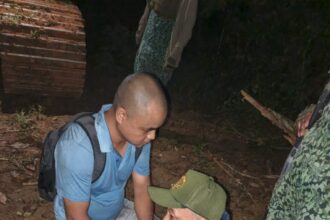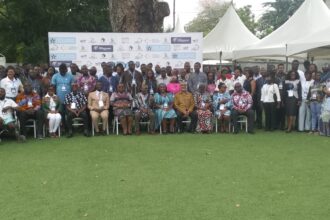On Monday, December 7, 2020, Ghana will hold the eighth presidential and parliamentary elections since the advent of democratic rule in 1992. Elections are among the most political institutions and voting gives majority of citizens the opportunity of voice.
However, as central element of democracy, elections must be inclusive where all those eligible have the opportunity to vote as well as be voted into position of decision making. Ensuring that women and men can and do participate without unfair barriers is a core component of delivering an inclusive elections. It is also in keeping with the many instrument and declarations that UN member states have adopted to promote women in national development.
While ABANTU for Development acknowledges the increased level of women’s representation globally and in Africa with celebrated cases like Rwanda where women have attained an unprecedented level of participation in decision making, the progress in Ghana has been nominal.
Ghana’s Journey towards tackling the gender imbalance and inequalities in representation in decision making has been slow and unsatisfactory, election after election making the ideal of parity far from being realized. After seven successful elections, women’s share of Parliamentary seats in all these election has never reached 15 percent, which is below the African average of 21 percent and far less than the UN recommended minimum 30 percent threshold.
Equal participation and sharing of power should engender processes of election 2020 affecting both women and men’s lives within the concept of equal citizenship and right to entitlements.
Therefore, as election 2020 approaches, ABANTU for Development would like to call on the state, political parties and electorate to be supportive of actions in the upcoming electoral process, including voting, selection, nomination and appointment that are inclusive and which addresses the critical gender equality gaps and challenges to ensure equality.
Inclusiveness in elections and in politics is obligatory for the management and functioning of true democracy. Women’s low participation and representation pose a challenge to the provision of societal benefit central to true democracy and sustainable development.
Source: ABANTU for Development














